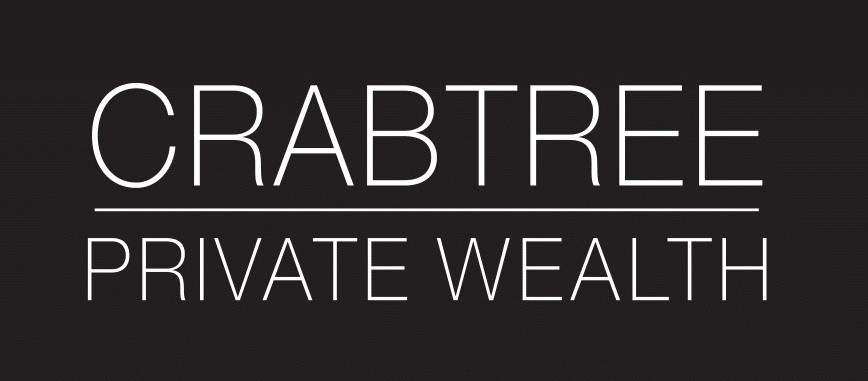One of the most common questions we hear people ask is “how much do I need to have a comfortable retirement without spending all my retirement savings?” The answer is a lot simpler than you may think. It is a basic mathematics equation, specifically:
The income needed to meet annual living expenses and lump sum withdrawals, divided by the anticipated return you are able to generate on your capital.
For example, if you anticipate annual living expenses to be $60,000 in retirement, as well as lump sum withdrawals on average of $20,000 annually for holidays or other irregular items, then the equation will be:
$80,000 / rate of return % = lump sum requirement.
Despite the record low deposit/bank rates, a well structured income focused portfolio consisting of a diversified range of the various asset classes (shares, property, infrastructure, corporate/government bonds and hybrids) has consistently delivered an income return in excess of 5%, in addition to franking credits on any Australian sourced dividends which can add up to 1% to the income of the portfolio annually. Therefore if your portfolio is able to deliver an average of 6% income, the equation is:
$80,000 / 6% = $1.33 million ($666,000 each if a couple).
This will result in all financial needs being met via the income from your portfolio and avoiding the need to have to sell assets to fund your retirement. Whilst your bottom line will always fluctuate due to market movement, economic conditions and investment/fund performance, this is of little consequence if you do not need to sell assets.
A very simple analogy that resonates with many Australians is:
If you own a residential investment property that is generating a long term rental return of 4.5%, the fluctuating value of the property is of little or no consequence until such time as you may wish to sell it. A retirement portfolio should be thought of in a similar fashion, except that you will be unlikely to
sell your retirement portfolio in your lifetime.
To achieve this, all you need is a reputable financial adviser, discipline, some forward planning and this outcome is not only possible, but highly likely.

